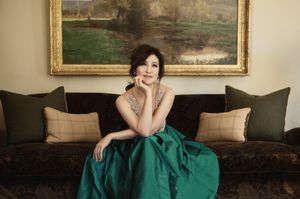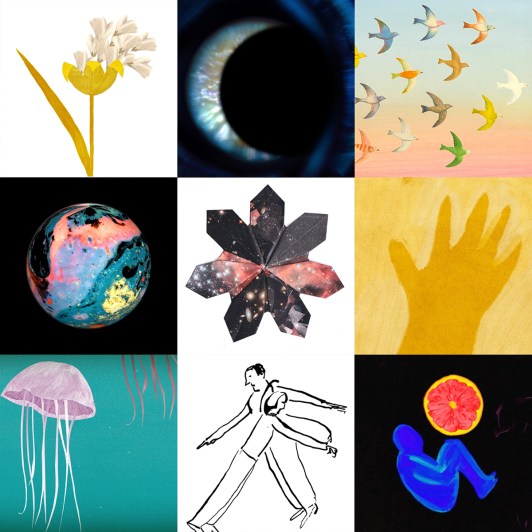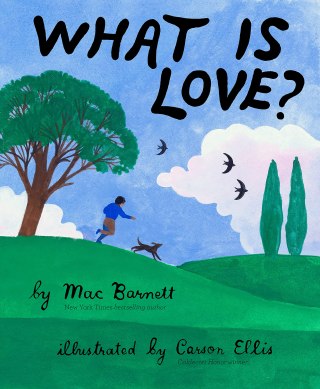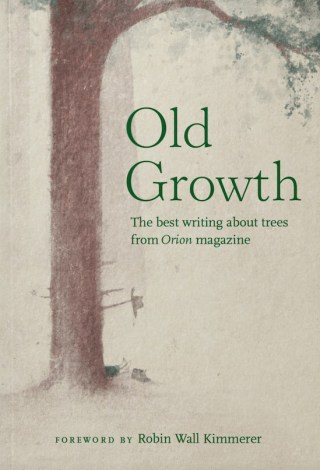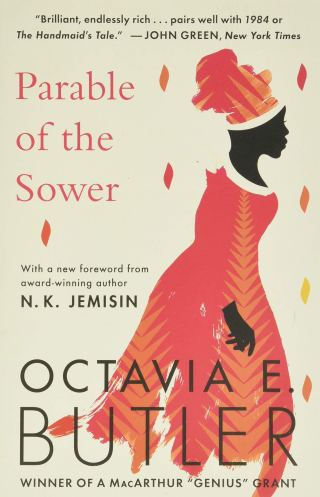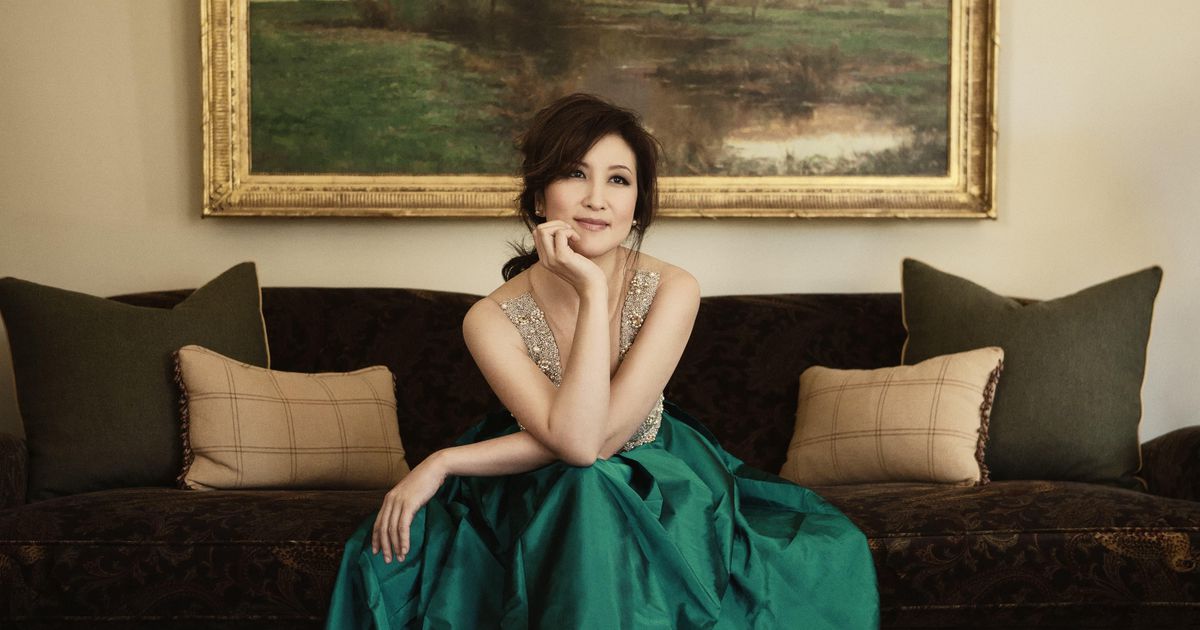
During the early months of the coronavirus pandemic in 2020, pianist Min Kwon felt like her hands were tied. Concerts had been canceled, her young children were adjusting to online school, and division and death seemed to loom everywhere.
She also wants to leave something for her two young daughters, to help them better understand the last year and a half in American history.
The Korean-born American musician commissioned a diverse group of 75 composers to write a variation of classic patriotic song America the Beautiful for solo piano. Those reimagined versions, performed by Kwon, are set to stream online for free beginning this Sunday, July 4. She calls the project America/Beautiful.
That’s when she got the idea for a project that would celebrate America’s diversity and creativity.
The lyrics to America the Beautiful were written by Katharine Lee Bates, with music composed by church organist and choirmaster Samuel A. Ward. Bates originally wrote the words as a poem, “Pikes Peak,” first published in the Fourth of July edition of the church periodical The Congregationalist in 1895.
Highlights, Kwon says, include a piece written by 93-year-old composer Samuel Adler, who was the first to send Kwon his piece. Composers such as Avner Dorman and Paul Schoenfeld crafted over-the-top, exciting works that capture America’s grandness, energy and vitality. Aaron Jay Kernis, a Pulitzer Prize- and Grammy-winning composer, wrote a seven-minute lament Kwon labels “a mourning for America.”
There may be “some things you might not understand, or you’re confused about at first hearing,” Kwon says. “But music also requires, just like our human relationships, or contacts, or communications … effort and investment of your time and your heart.”
“I wanted them to be able to look back on this time, and not just read about what happened in the White House, or what happened in Minneapolis, or what happened in the courtrooms or in hospital beds,” Kwon says. “I wanted them to see this, this amazing compendium of American creativity that is so rich in diversity.”
In music, a variation refers to an original that’s been varied melodically, harmonically or rhythmically, or changed in character or length. For this project, she commissioned composers whose music she found compelling.
CNET Culture
Kwon says she chose the song for its capacity to resonate with Americans, and it contained a melody simple enough for the composers to craft something new.
To perform dark, dramatic pieces, Kwon visited the catacombs of a cemetery in Brooklyn, New York. For more hopeful pieces, she performed in a bright meadow field with “amber grains.” Kwon hopes this project will help Americans reflect on difficult times, as well as find energy and hope.
From July 4 to 7, prerecorded performances of the variations will stream online at 3 p.m. ET along with interviews with the composers. On July 8 and 9, Kwon will perform additional variations in four live shows in the catacombs of Green-Wood Cemetery in Brooklyn.
They are all American, but diverse influences of the music they grew up with come through, Kwon says.
“For example, I’m even playing Persian-style classical music where the piano had to be tuned differently. And I’m singing, like, [a] Jewish chant. And I’m doing something inside the piano — strumming the strings inside the piano — which is one of the experimental techniques,” she says.
“I wanted to find a song that every American had a connection to, or had a relationship with, or could identify with,” Kwon says. “We have heard it from inaugurations, to football games, to every iconic composer. Singers have sung it, from Ray Charles, to Beyonce to Jennifer Lopez. It’s a song that’s very accessible.”
Entertain your brain with the coolest news from streaming to superheroes, memes to video games.
For the prerecorded performances, Kwon varied her clothing according to the moods of the pieces and recorded in different locations.
“I wanted to really create something new that shed light and provided a snapshot of the very complex time that we all were experiencing together, as Americans,” says Kwon, a professor of piano at Rutgers University’s Mason Gross School of the Arts.
“We went to an Oceanside concert hall where you could literally see the horizon out to the Atlantic Ocean,” Kwon says. “‘Sea to shining sea’ and ‘spacious sky’ — I wanted to capture all of that.”
They represent different ages, races and genders, with cultural roots in countries spanning Iran, Argentina, Pakistan, Israel, Estonia, Germany, Canada, France, Korea, Japan and China.
